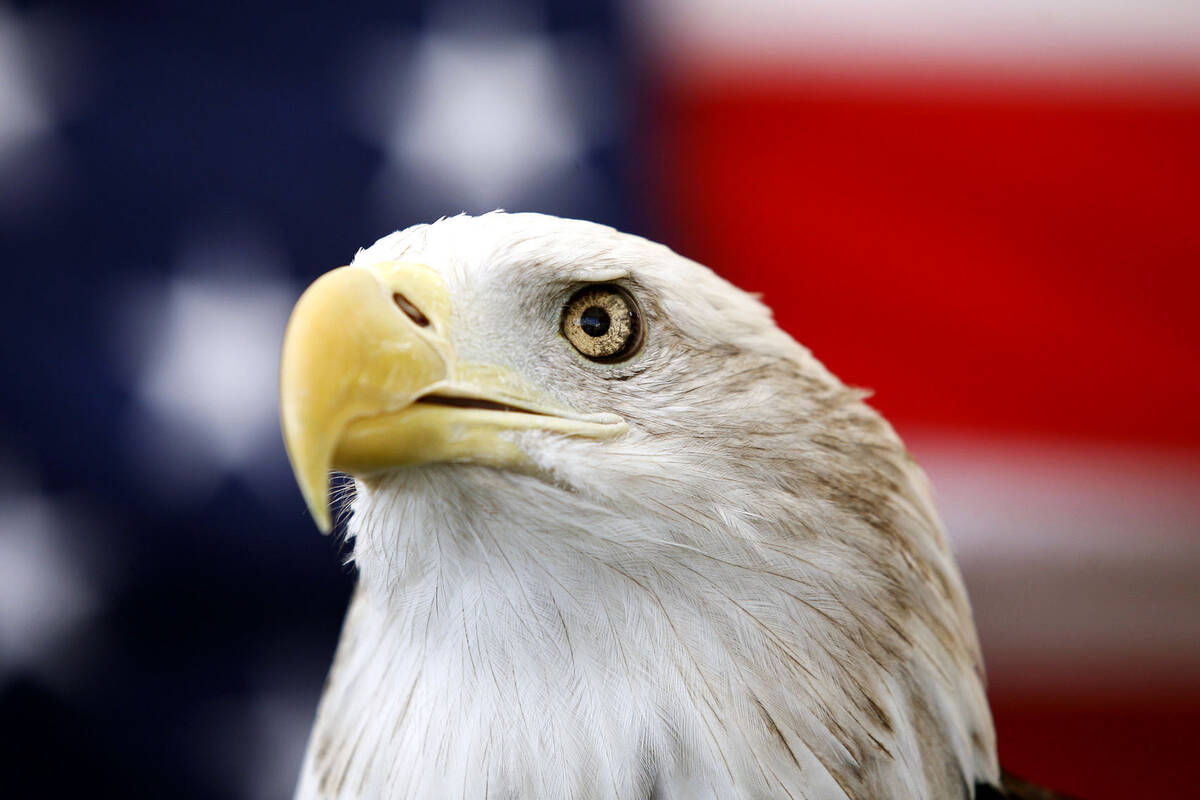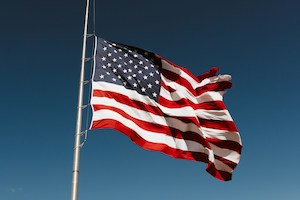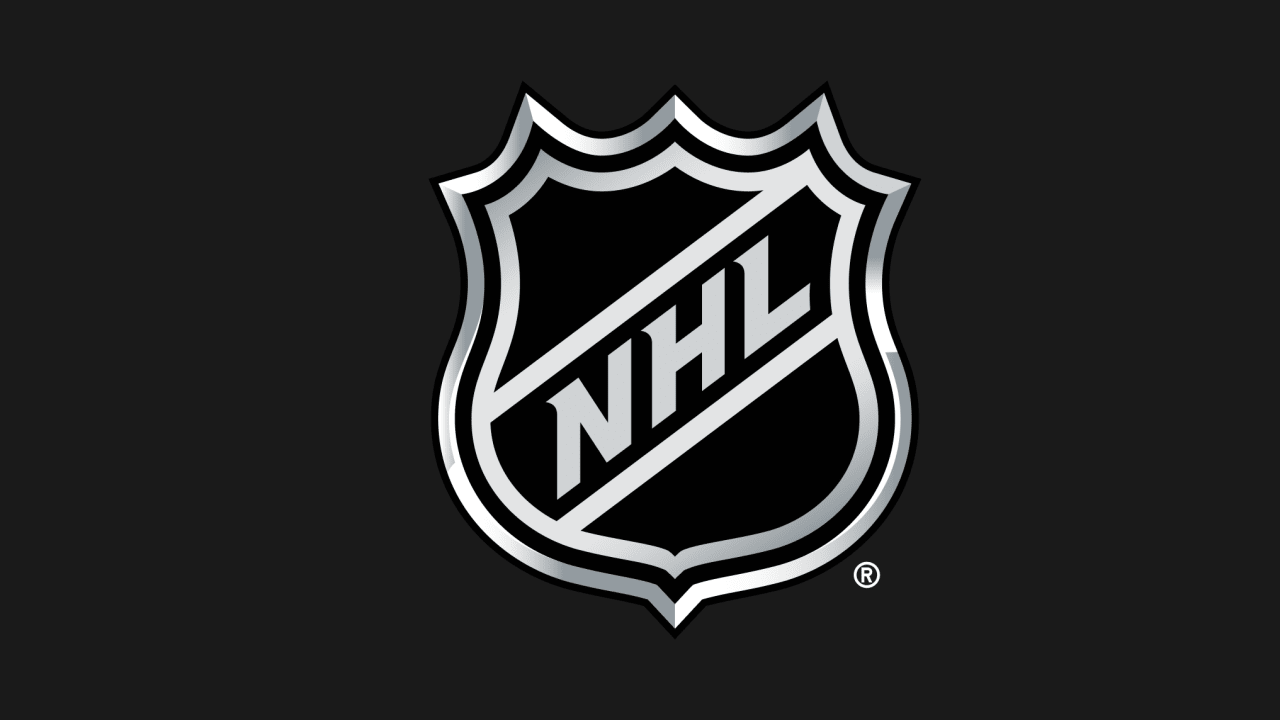Tech
Republicans push Biden to blacklist Chinese EV battery makers

Republicans in both chambers of Congress are calling on the Biden administration to add two major Chinese EV battery makers working with companies such as Ford to an import ban list, accusing the corporations of using forced labor in their supply chains.
Sen. Marco Rubio of Florida; Rep. John Moolenaar of Michigan, the new chair of the House Select Committee on the Chinese Communist Party; and their colleagues warned a top official at the Department of Homeland Security in two separate letters on Wednesday that leading Chinese electric vehicle battery manufacturers are relying on forced labor and should be blocked from importing goods into the U.S.
“The Select Committee has uncovered indisputable evidence that Gotion High Tech and CATL have supply chains that are deeply connected to forced labor and the ongoing genocide of Uyghurs in China,” Moolenaar said in a statement.
“That is why the Forced Labor Enforcement Task Force must immediately add Gotion High Tech and CATL to the UFLPA Entity List and block the shipments of these companies from entering the United States.”
Republican Rep. Mark Green, who chairs the House Homeland Security Committee, Darin LaHood of Illinois and Carlos Gimenez of Florida also signed the letters, which were sent to Robert Silvers, the agency’s undersecretary for strategy, policy, and plans.
The letters zero in on two Chinese-owned companies.
The first focuses on China-based Gotion High Tech, a maker of lithium-ion batteries partially owned by German automaker Volkswagen.
Notably, Gotion Inc., a U.S. subsidiary of the company operating in Fremont, California, is pushing to build an EV battery plant in Michigan, about an hour north of Grand Rapids. Neither Gotion High Tech or Gotion immediately commented when asked about the letters.
A second letter lays out a case against Contemporary Amperex Technology Co. Ltd., or CATL, the world’s largest electric vehicle battery maker, which is poised to provide technology for Ford’s $3.5 billion EV battery plant in Michigan.
Under that agreement, CATL will license its EV battery technology to Ford, which has said it will operate the plant. CATL is also working to provide faster charging batteries for Tesla in Nevada.
CATL didn’t immediately respond when asked for comment, but Ford defended the arrangement and its requirements for upholding human rights standards.
T.R. Reid, a spokesperson for Ford, emphasized that any supplier to Ford must comply with the company’s “supplier code of conduct,” which outlines the requirements and expectations around human rights, the environment and responsible materials sourcing.
“As you know, we plan to license technology from CATL, and the U.S. plant where we intend to apply this technology to produce LFP EV batteries is being built and will be owned and run by Ford,” said Reid. “Whatever their relationships with us, all suppliers to Ford must comply with our supplier code of conduct.”
“DHS responds to congressional correspondence directly via official channels, and the Department will continue to respond appropriately to congressional oversight,” said DHS spokesperson Naree Ketudat.
‘Deeply compromised’
Republicans in the letters laid out what they said is evidence that the companies’ sprawling supply chains — from minerals to EV battery components — are “deeply compromised” with ties to the Chinese province of Xinjiang, an area of the world where federal officials have said forced labor practices are likely occurring.
“Gotion’s supply chains are deeply compromised by links to entities whose goods, wares, articles, or merchandise are mined, produced, or manufactured wholly or in part in [the Xinjiang Uyghur Autonomous Region],” the lawmakers wrote.
The Republican lawmakers said the companies are likely violating the Uyghur Forced Labor Prevention Act, passed in 2021, which aims to prevent the importation of goods into the U.S. that are mined, produced, or manufactured wholly or in part with forced labor in the People’s Republic of China.
In one letter, for example, Republicans highlighted what they say are ties between CATL and XPCC, a paramilitary organization that the federal government placed on the import ban list — also known as the Uyghur Forced Labor Prevention Act Entity List — in the summer of 2022.
In April, a top Labor Department official told the Congressional-Executive Commission on China said it’s incredibly difficult to conduct independent audits in the Xinjiang region to ensure human and labor rights are being upheld, and multinational companies should leave the region given concerns about forced labor.
“Since you can’t do due diligence in Xinjiang or with Xinjiang workers, then you cannot responsibly operate there,” Thea Lee, deputy undersecretary for international affairs at the Labor Department, told Sen. Jeff Merkley (D-Ore.) during the hearing.
Bill Reinsch, a trade policy specialist at the Center for Strategic and International Studies, said the federal government receives such requests and conducts an objective analysis before placing a company on the import ban list.
Being placed on the list, he said, means a company is presumed guilty and any goods coming into the U.S. will likely be stopped at the border and detained until the company shows the products were not made with forced labor.
Goods can then be allowed to come into the country if the company proves their innocence, shipped back, or held at the border in a warehouse, he said.
“What it means under the law is if they’re put on the list, it means the imports from that company are presumed to have been made with forced labor,” said Reinsch. “Under the law, they can’t come in unless the importer can show they’re not made with forced labor.”
Reporter Timothy Cama contributed.










